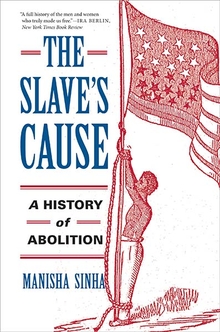The Problem of Slavery as History
WARNING
You are viewing an older version of the Yalebooks website. Please visit out new website with more updated information and a better user experience: https://www.yalebooks.com
A Global Approach
Joseph C. Miller
Why did slavery—an accepted evil for thousands of years—suddenly become regarded during the eighteenth century as an abomination so compelling that Western governments took up the cause of abolition in ways that transformed the modern world? Joseph C. Miller turns this classic question on its head by rethinking the very nature of slavery, arguing that it must be viewed generally as a process rather than as an institution. Tracing the global history of slaving over thousands of years, Miller reveals the shortcomings of Western narratives that define slavery by the same structures and power relations regardless of places and times, concluding instead that slaving is a process which can be understood fully only as imbedded in changing circumstances.
“Breathtaking in its erudition, The Problem of Slavery as History speaks forcefully to the canon of slavery scholarship. It takes a provocative stance against the prevailing interpretation and challenges us to think hard and critically about how we have written the history of slavery. Miller's work is a truly brilliant scholarly statement that deserves the widest attention.”—James Brewer Stewart, Macalester College
“Miller offers a brilliant, insightful, intensely human analysis of enslavement as experience within history, revising in significant ways how historians and social scientists understand slaving from the dawn of humanity to present times.”—Ehud R. Toledano, Tel Aviv University
"A provocative and deeply informed effort to historicize slavery as an evolving practice that has nevertheless remained integral to almost every society in human history. Miller argues forcefully and convincingly for the value of a more deeply historical approach to the study of slavery, one that explores most specifically the competitive political and economic contexts that over many millennia have motivated some to enslave others."—Sandra E. Greene, author of Gender, Ethnicity and Social Change on the Upper Slave Coast
Publication Date: March 27, 2012













